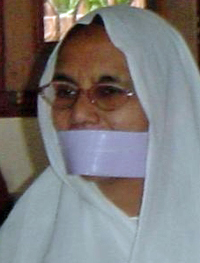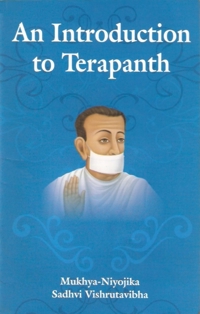The activities of learning and studying in Terapantha order are given utmost importance. In the early years, stress was laid on studying the original canonical literature, and many monks and nuns engaged themselves in this activity. Many books in Rajasthani language were written by Acharya Bhikshu and Jayacharya (the fourth Acharya) for the monks and nuns who were the students and that tradition continued for a long time. During the period of Jayacharya, the study of Sanskrit was phased in. Jayacharya himself studied and also made his successor, Maghava, to adopt studies in Sanskrit. Venerable Kalugani (the eighth Acharya) focused his attention on the study of both Prakrit and Sanskrit. Acharya Tulsi (the ninth Acharya) promoted the same tradition. As a result, a great number of monks and nuns became proficient in Prakrit and Sanskrit. Later on, in addition to the ancient languages, the ascetics started studying such contemporary languages as hindi, Gujarati and English. Some of them became experts in “Avadhana” vidya i.e. a technique of extra ordinary memory. They also started studying Indian and Western Philosophies.
In the beginning, the classical form of study for ascetics was in miscellaneous form, study of which remained confined to that between the guru and the disciples. However under the leadership of Acharya Tulsi, systematic graded courses with syllabi of several subjects were initiated. The courses were respectively called Yogya (which is equal to Metric), Yogyatara (equivalent to B.A.), and Yogyatama (equivalent to M.A.). Completion of all the three degrees required a minimum of seven years. A PhD was awarded to those who wrote an original dissertation. At present, a number of monks and nuns have joined courses in university studies at the Jain Vishva Bharati Institute which is a deemed University at Ladnun (Rajasthan). However the older courses are also in vogue.
 Sadhvi Vishrut Vibha
Sadhvi Vishrut Vibha

